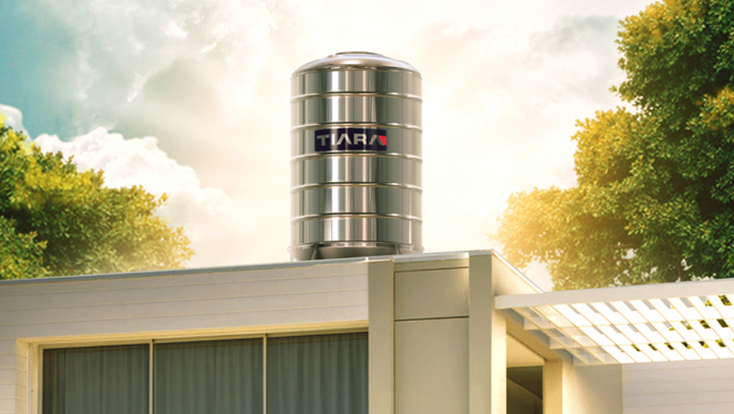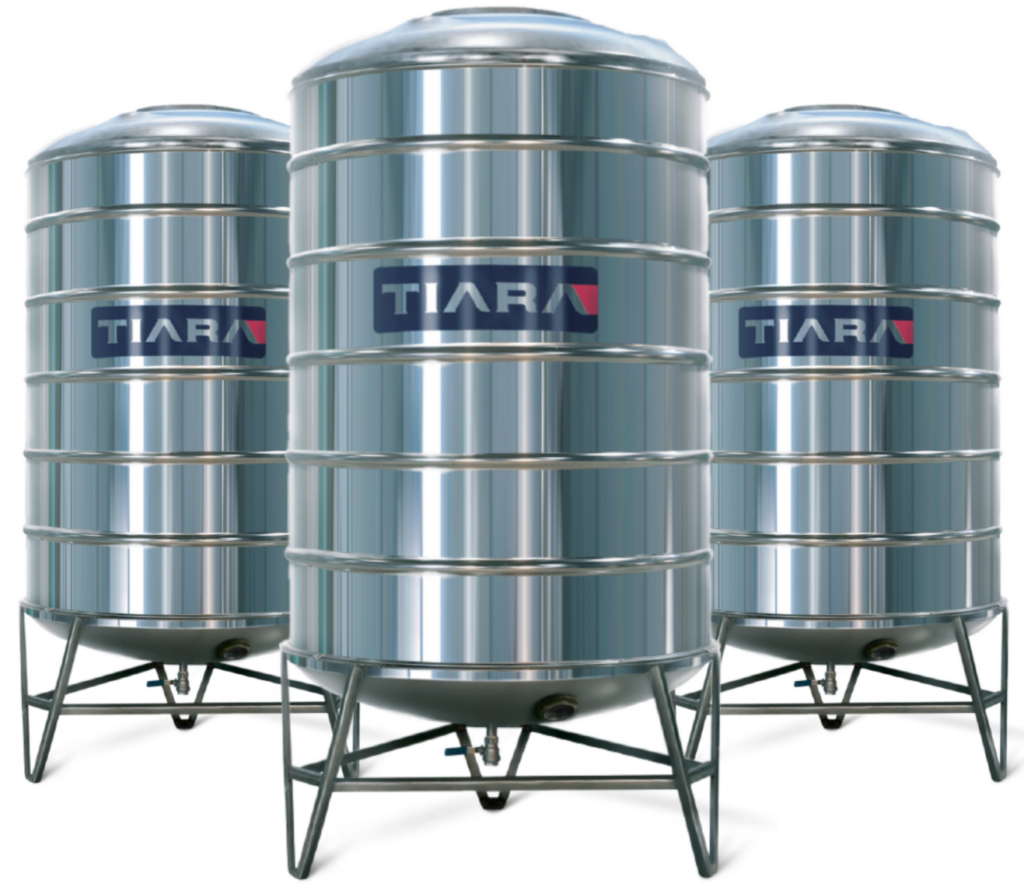
In recent years, the importance of sustainable water storage solutions has become increasingly paramount, particularly in regions facing unique environmental challenges. This is especially true for India’s coastal areas, where the interplay between saltwater intrusion, humidity, and fluctuating temperatures can lead to significant issues in conventional water storage methods. One solution that has gained traction in these regions is the use of stainless steel tanks. In this blog post, we will explore the various benefits of using stainless steel tanks for water storage, particularly in environments prone to corrosion due to saltwater, and discuss how these tanks are uniquely equipped to fulfill the needs of coastal communities.
Understanding the Challenges of Water Storage in Coastal Regions
Coastal areas in India, like those in other parts of the world, are often characterized by unique environmental conditions that pose challenges for water storage. The saline nature of the air, along with potential saltwater intrusion from rising sea levels, creates a corrosive environment for traditional water storage materials such as concrete and mild steel. Over time, these materials can degrade, leading to structural failure, leakage, and contamination of stored water.
Corrosion is accelerated by factors such as humidity and constant exposure to salt, resulting in high maintenance costs and frequent replacements. For communities that rely heavily on stored water, these issues can compromise not only the integrity of the water supply but also public health and safety. Therefore, exploring alternatives that mitigate these corrosion-related concerns is crucial.
The Emergence of Stainless Steel Tanks
Stainless steel tanks have emerged as a preferred solution for water storage in coastal areas. Composed primarily of iron, chromium, and nickel, stainless steel is renowned for its superior resistance to corrosion and rust, making it an ideal choice for environments with high salinity. Their robust properties ensure that stainless steel tanks can withstand harsh coastal weather conditions while providing a reliable source of potable water.

Benefits of Stainless Steel Tanks
Corrosion Resistance: The most significant advantage of stainless steel tanks is their inherent corrosion resistance. The presence of chromium in stainless steel creates a passive layer of chromium oxide that protects the surface from corrosive elements, including salt. This property greatly extends the lifespan of the tanks, minimizing the need for replacements or repairs.
Durability and Strength: Stainless steel is a highly durable material, capable of withstanding extreme temperatures and pressures. This strength is especially beneficial in coastal areas, where tanks may be subjected to high winds, heavy rains, or flooding. Unlike plastic or concrete, which can crack or become brittle over time, stainless steel maintains its shape and integrity, ensuring a safe and reliable water storage solution.
Hygienic Properties: The smooth, non-porous surface of stainless steel prevents the growth of bacteria and algae, ensuring that stored water remains clean and safe for consumption. This is particularly critical in coastal regions where pollution levels may be high, and the quality of water sources can be compromised.
Low Maintenance Requirements: Compared to traditional materials, stainless steel requires significantly less maintenance. Its resistance to corrosion means that regular inspections and repairs are minimized. For communities in coastal India, this translates to reduced overall costs and less disruption in water supply.
Conclusion
In summary, the introduction of stainless steel tanks as a solution to water storage challenges in India’s coastal areas represents a meaningful advancement in public health and environmental resilience. By effectively addressing the threat of corrosion from saltwater and humidity, these tanks offer a durable, hygienic, and low-maintenance alternative to traditional water storage methods.


